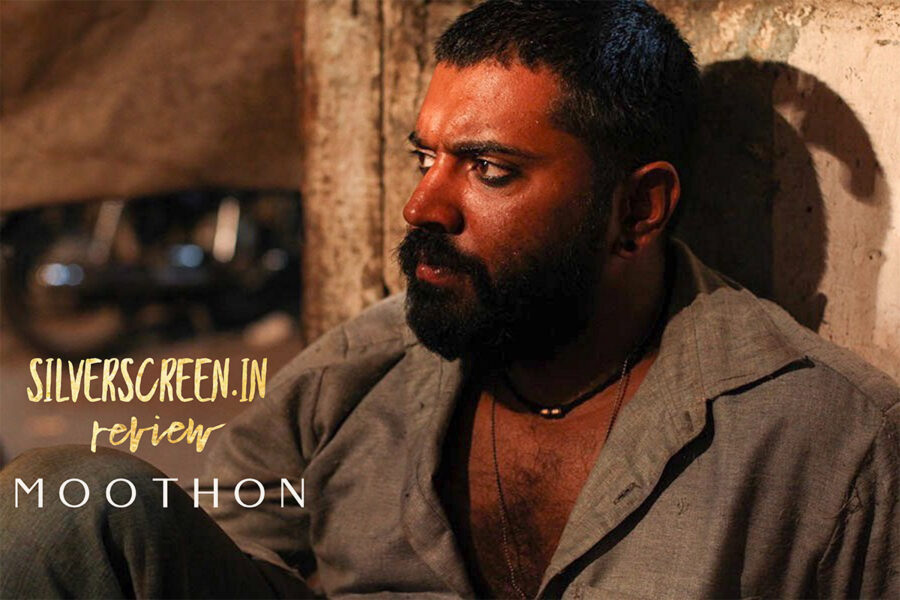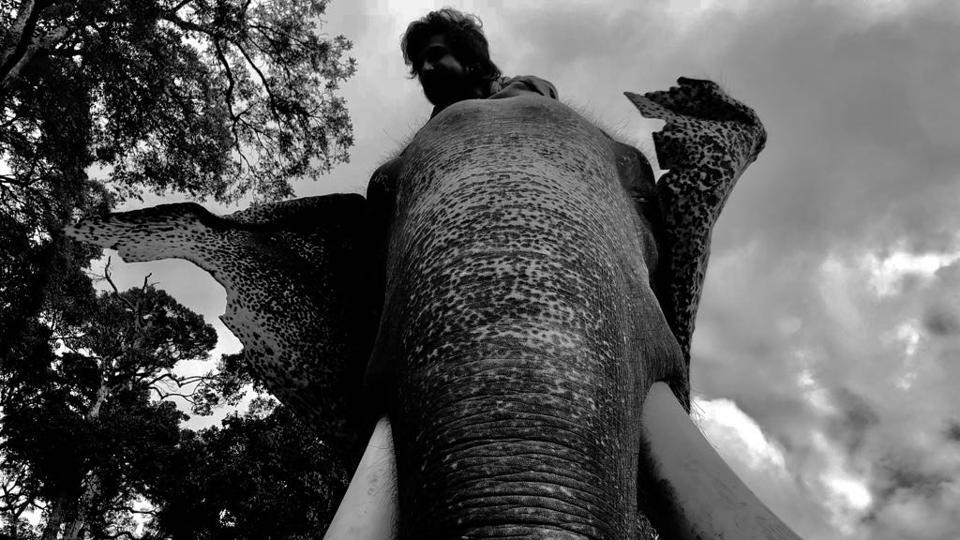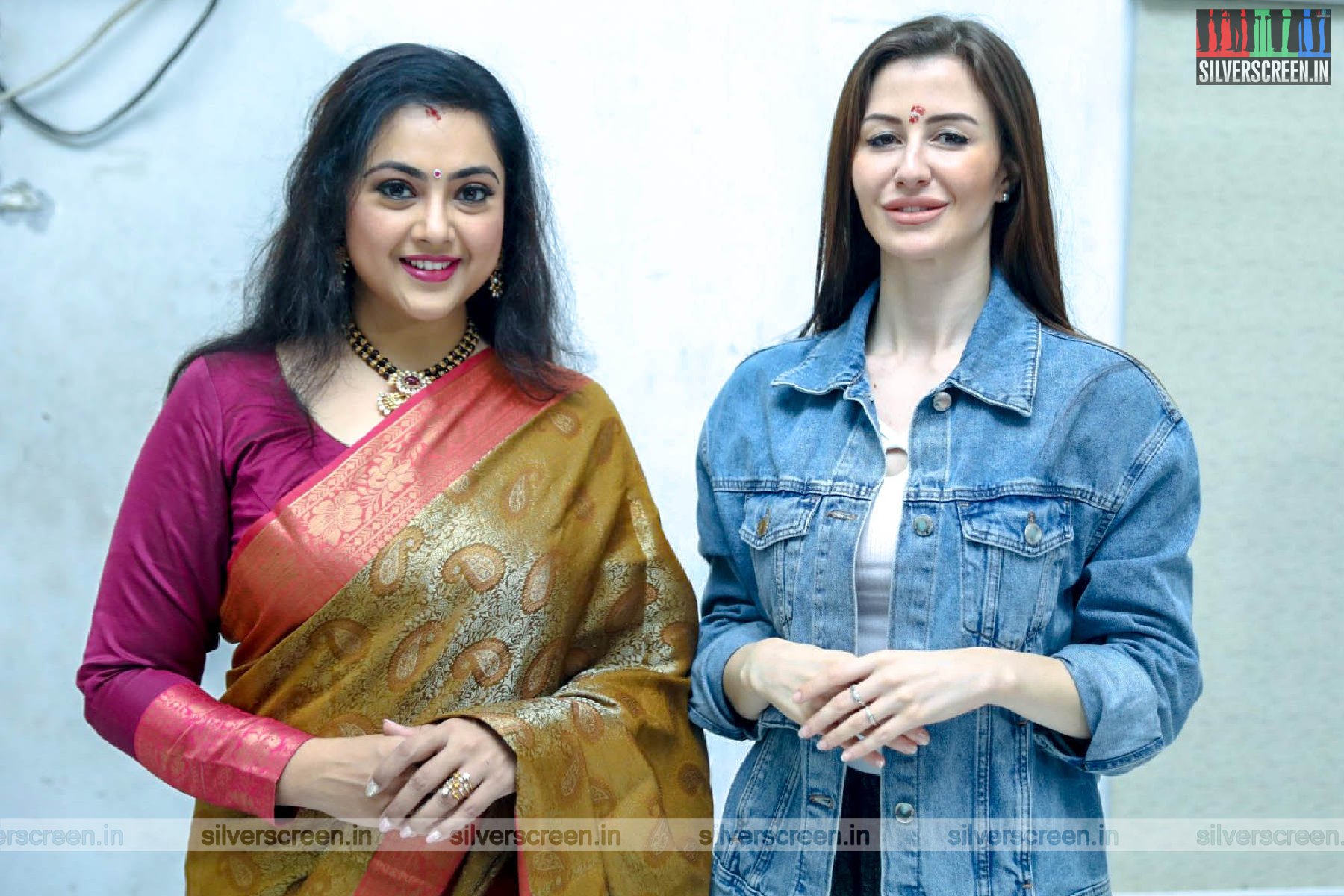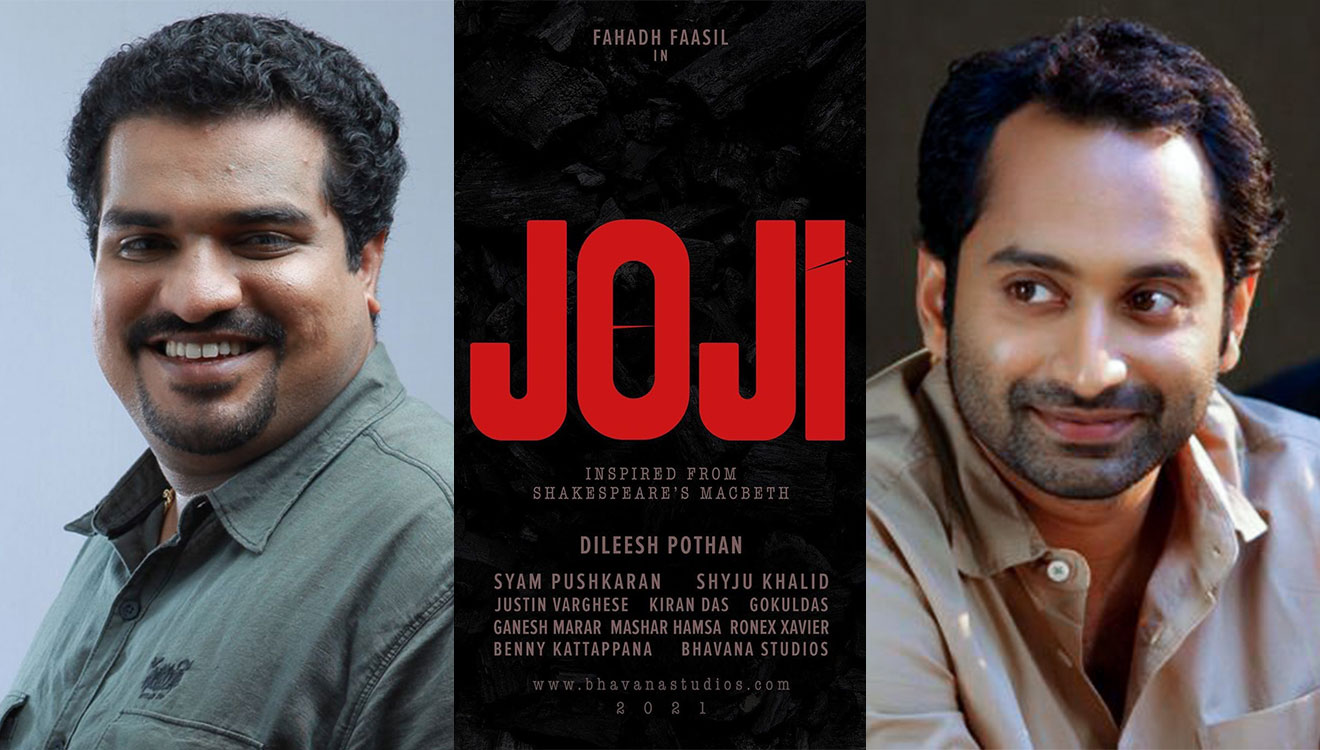Director: Geetu Mohandas
Cast: Nivin Pauly, Sobhita Dhulipala, Shashank Arora, Roshan Mathew, Dileesh Pothan
In Geetu Mohandas’s Moothon, set in Bombay, a whiff of Mira Nair’s Salaam Bombay pervades throughout like a ghost haunting an empty medieval mansion. There are even plot-level similarities that remind you of Nair’s seminal film. Both the films are set in Kamathipura of Mumbai, Nair even shot on location. Like Chaipau in that film, Mulla too arrives in Mumbai and gets trapped in a seedy underworld. Mulla’s first glimpse of Mumbai is presented as one of the darkest days of the city’s notorious monsoon, where clouds and water share the same grey shades with new tall constructions sandwiched between them. Like Rekha, there is a mother figure in prostitute Rosy (Sobhita Dhulipala). But unlike Chaipau, Mulla wasn’t given an ultimatum by his own mother. He, in fact, escapes his serene, beautiful world in Lakshadweep to arrive at the dark underbelly of Mumbai, looking for his ‘moothon’, the elder brother he lost when he wasn’t old enough to speak. But others in his hamlet spoke of him; mythologised him. Such is the potency of the myth that his name is Akbar. They are a devout Muslim family that attends the Kondotty festival. Akbar was the most famous Kuthu Ratheeb (ritual that involves piercing oneself with sharp objects to the accompaniment of hymns) performer in the village. Mulla is so taken in by Akbar’s stories that he even wears his brother’s shirts.
Moothon is a bunch of dichotomies stitched together to present a world that is never as straightforward as it appears to be. A character, at one point, says, “It’s better to dress up the way the world thinks of you.” The idyllic Lakshadweep where family life is peaceful, where there’s blue waters, white sand and, succulent fish, is contrasted with the decrepit, drug-addled atmosphere of Kamathipura where children are either abused or forced to peddle drugs. Children are an important part of Geetu’s films – her short film Kulkkunnundo has a blind girl trying to make sense of the world, in Liar’s Dice there was Manya, Kamala’s daughter who takes her along in search of her husband who is a labourer in the big city. In Geetu’s films, children become the eyes to look out at the not so rosy world out there, lives harmed by rejection, sexuality and displacement. Moothon too has a bunch of street-smart kids pretending to be gangsters, showing off their non-existent muscles while trying to recruit Mulla under their tutelage.
*Spoilers ahead* This dichotomy is first presented as a loaded twist about one third into the film. From then on, nothing remains the same again. Nivin’s Akbar is a split personality – one who lived in Lakshwadweep and the one whom we see in Mumbai, a more worldly-wise version of Salaam Bombay’s Chillum. Nivin Pauly’s acting career can henceforth be split into pre-Moothon and post-Moothon, because this is nothing like anything he’s done ever before. He has been seen on stale, similar roles and in just about inoffensive films like Hey Jude or Njandukalude Nattil Oridavela. Moothon gives him a bigger canvas and comes up with two roles for the price of one. The Lakshwadweep portions, as beautiful as they are, clearly define the people and the families. Akbar, his mother, his friend Moosa played by Dileesh Pothan, sister Amina (Melissa Raju Thomas) and neighbors Aamir (Roshan Mathew) and his family. Aamir, who lives in Mumbai, is mute but manages to communicate and connect with Akbar the strongest, despite Akbar not being well-versed in sign language. That’s an interesting device to make these tender portions work. The Nivin we already know so well and the Roshan we should get to know better in the coming years, work like a charm in these scenes. A mute Aamir and an Akbar who is willing to chop his tongue off at a kathu ratheeb, effectively convey their problems with expression. *Spoilers End*
Recommended
The gangster and Mumbai world of Moothon is more of the same (Anurag Kashyap is one of the producers), things that have appeared in cinema before. They seem perfunctory even if hard-hitting. The broad storyline of Moothon also has a Saadat Hasan Manto short story feel to it – the displacement causing the cracks in a veil of innocence and looking for tenderness where there is none. Moothon is messy and repetitive in its gangster saga subplots. A more interesting perspective would have been to see lives in Mumbai that we don’t get to see on screen. Something Jerry Pinto writes about in Murder in Mahim – the unwashed restrooms behind railway stations, the pages he spends describing the distinction between sexual identification and the concept of MSM or men having sex with men. Or what the taxi driver describes in Aadish Keluskar’s Jaoon Kahan Bata Ae Dil – parked taxis at night rented out to same-sex couples. There could have been censor and release concerns, not to mention star concerns. But Geetu Mohandas is a filmmaker talented enough to find a way around those constraints. There is a whole lot in Moothon we’ve seen. All it needed is a little bit of the unseen.
The Moothon review is a Silverscreen original article. It was not paid for or commissioned by anyone associated with the film. Silverscreen.in and its writers do not have any commercial relationship with movies that are reviewed on the site.



